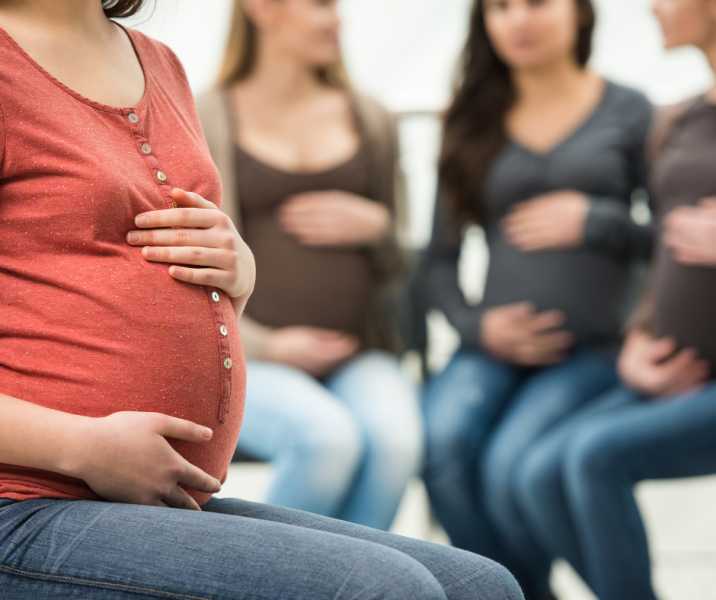I'd love to get your thoughts on the following questions:
1. In your opinion, does it make a difference if peer supporters have had an opportunity to explore their own parenting experiences (e.g. infant feeding, perinatal mental health)?
2. How important do you think lived experience and/or peer support training is for those volunteering to support new parents?



Hi Natalie,
I am about to embark on the perinatal peer supporter journey and will begin training to become a volunteer this April. I have already attended the taster course that is run by Zoe at Parents1st Essex and I must say I really benefitted from thinking about my own parenting experiences and talking with the other potential volunteers about theirs. The taster course made me think about how things may have been different for me, especially where breastfeeding was concerned as I really struggled with that without any support or additional information and I think having the support would have really helped me at the time. I think both lived experience and peer support training are important in order to support new parents in the best possible way, passing on to them the most current information, but lived experience does not necessarily mean you have to have been a parent, you can gain lived experience where you may have supported friends and relatives in the past and that should count just as much. I am very much looking forward to the training and becoming a volunteer peer supporter over the coming months.
Thanks for sharing your experience Mandy.
Reflecting on our experiences needs to be done in a way that enables us to feel safe to be vulnerable and open, so I guess that not only do we need to be ready to undertake that journey ourselves, but also the provision needs to be there to support us as we take those steps.
Your comment has also made me consider that, as we reflect on our own experience and maybe consider how things could have been different, how do we ensure that we don't try to 'fix' these things by trying to prevent them happening for others?
Please sign in or register to make a comment.